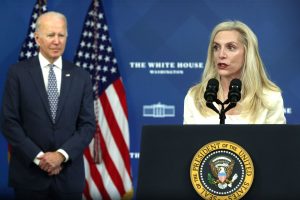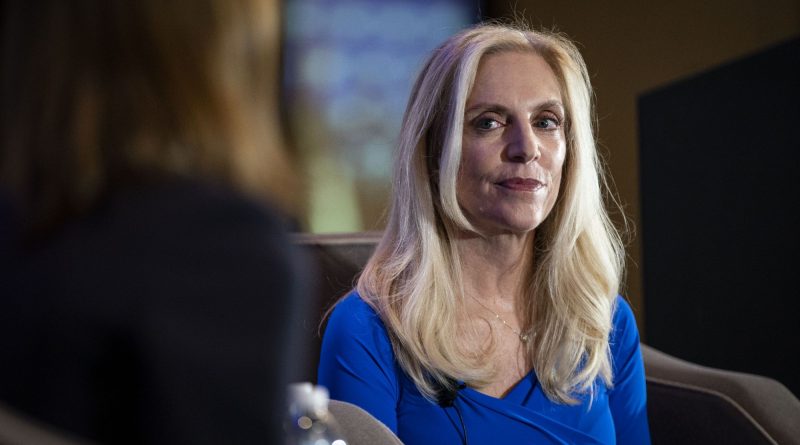Brainard Leaves Fed for Position in Biden’s Cabinet
Mark DiPietro
Technology Editor
On Valentine’s Day, the Fed announced that the current Vice Chair of the Federal Reserve Board, Lael Brainard, would be stepping down from the central bank and heading President Biden’s National Economic Council. Brainard was first appointed to the Board of Governors in 2014 by President Obama, and then again, as Vice Chair, in May of 2022 by President Biden.
The move was unsurprising considering Joe Biden has had Brainard on his radar since the beginning of his presidency. Brainard was amongst the short list of candidates that were rumored to possibly replace the current Fed Chair, Jerome Powell, in the early stages of the Biden administration. Due to her opposition of deregulation and her perceived track record of prioritizing progressive prerogatives, some Democrats hoped Biden would give her the nod.
Ultimately, the immense bipartisan supported the Powell-led Fed’s actions during the COVID-19 pandemic had garnered, meaning that a change of leadership was impractical, though Brainard had also played a pivotal role in the mitigation of the pandemic economic disaster.
Fed Chair Powell made a public remark saying, “Lael has brought formidable talent and superb results to everything she has done at the Federal Reserve… her stewardship of financial stability and the payments system, strengthening the financial system both domestically and globally, and helping to manage the immense operational agency challenges during the pandemic. My colleagues and I will truly miss her.”

So, what’s the change for Brainard? Are the skills she demonstrated at the Fed going to transfer directly to her new role? What is the difference between the Federal Reserve and the National Economic Council? The Fed serves as the central bank and the lender of last resort. They set monetary policy for the general economy by setting the federal funds rate, monitoring the financial system risks to help ensure the system supports a healthy economy for U.S. households, communities, and businesses. In the simplest terms, the Fed is strictly run by economists.
In contrast, the National Economic Council coordinates policymaking for domestic and international economic issues, giving economic policy advice to the President, ensuring that policy decisions and programs are consistent with the President’s economic goals while monitoring the implementation of the President’s economic policy agenda. They dictate fiscal policy and how to use tax revenue to the benefit of the nation in accordance with the administration’s values. Generally, this body is a mix of economists, political analysts, financiers, and a mix of other strategists.
Some argue that this transition might not be a good fit. While these might seem like similar bodies, the nuanced differences might pose a challenge. While the Fed is uniform in their approach to issues, the NEC has a mix of backgrounds that might make it hard for a career-long economist to adapt to. Others, however, think the new role will fit Brainard well. She has clearly shown interest in the political motivations of the economic system, and this might propel her into a political career. Democrats are hopeful that her already-impressive resume will bolster the strength of the Biden camp and the party in general. Whether this addition to the Biden administration will be able to make the difference in preparation for the 2024 Presidential Election is something that voters should be looking out for.
Contact Mark at mark.dipietro@student.shu.edu

